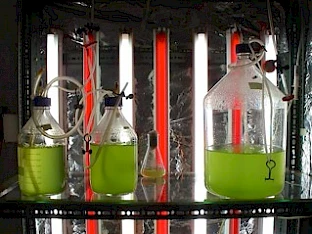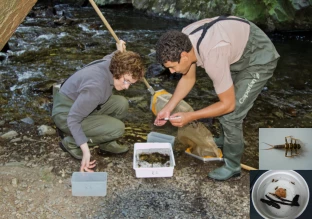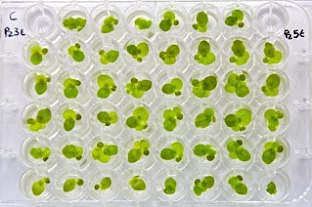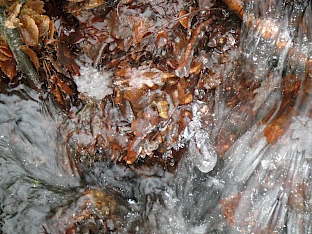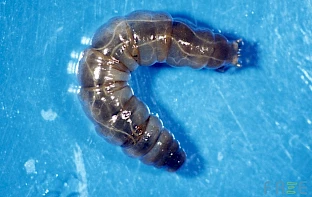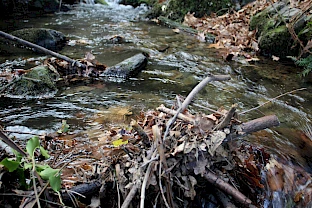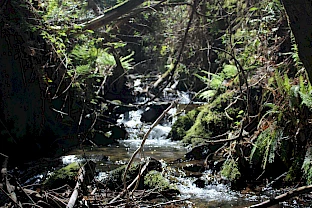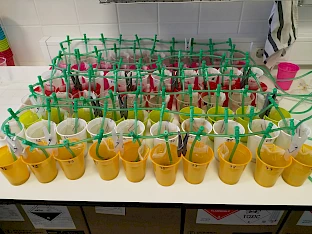PIs
Cristina Canhoto
Matilde Moreira dos Santos
The Aquatic Ecology and Ecotoxicology Group focuses on studying the processes and functioning of freshwater and transition ecosystems in different climatic regions. Above all, the research aims to evaluate the effects of natural and anthropogenic stress agents (e.g. climate change, effects of the introduction of exotic species, namely eucalyptus, salinization and other chemical stressors).
The activities are largely based on key processes in these ecosystems, such as the decomposition of leaf litter promoted by fungi and invertebrates in forested streams (persistent and intermittent), the mechanisms of microevolution under chemical stress and the mechanisms of resistance in scenarios of multiple stress agents, as well as the assessment of emigration/recolonization induced by contaminants and habitat fragmentation caused by contaminants. In this context, ecophysiological responses to environmental changes are also explored. The establishment of protective measures and the recovery of services provided by aquatic systems are also relevant objectives of the activities of this group, as well as the improvement of methodologies to reduce uncertainties in the assessment of ecological risks from contaminated sites and pesticides, having an active role in contributing of scientific opinions for the European Food Safety Authority (EFSA).


